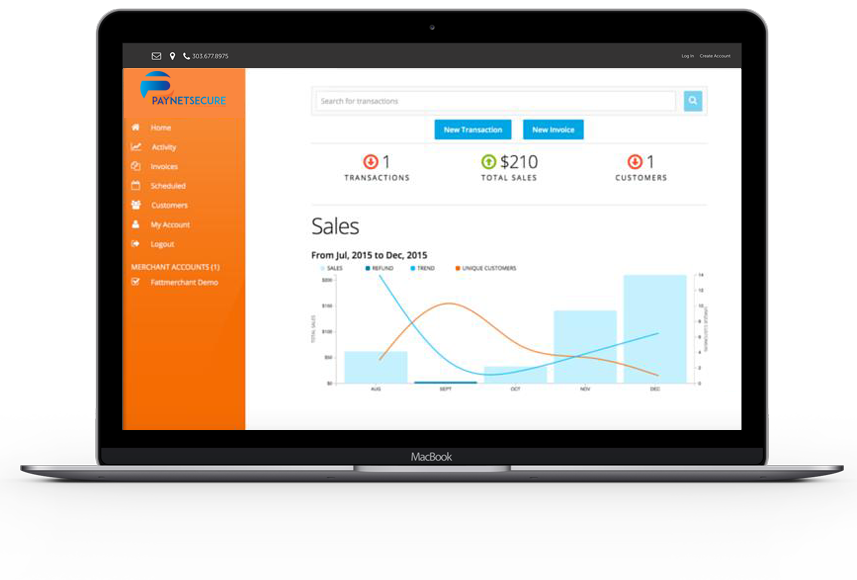Businesses have a level playing field and a easy access to the global market. Going global with any product is easier than ever before. But with a level playing field and democratized international ecommerce comes intense competition.
Millions of businesses and individuals are fiercely vying for a piece of the rapidly expanding international market. One way to secure an edge for your business is to enable multi-currency payments for your clients.
Global Ecommerce Opportunities
By some estimates, one-third of all buyers in the world shop on websites based outside their country. The biggest markets, unsurprisingly, are the US, the UK, and China. Cross-border transactions range from 90% for Canada (which has unprecedented access to the world’s largest economy – America) to less than 60% for Japanese shoppers. Cross-border transactions were also fairly common in the European Union, seeing as how goods can flow freely between the 27 member states there.
The vast majority of these globe-trotting shoppers are looking for a bargain. Canadian shoppers flocked across the border to seek out a bargain after the dollar plunged and millions of shoppers logged into their favorite British webstore after the results of the Brexit referendum were declared. Bargain hunters could easily cut the expenses of flying and traveling if they shopped more online.
These statistics paint a picture of a massive global opportunity. In fact, by 2018 global retail sales and international ecommerce will be worth nearly $2 trillion. Although the market is valued in US dollars, it’s safe to assume multiple currencies will be involved in transactions across borders.
Cross-Border Payments
As international e commerce expands, retailers need to consider some key issues. Which currency should the prices be listed in or how many currencies can the site handle?
There’s also the looming question over managing customer expectations. Cross-border buyers may impulse buy an item, based purely on the listing price which is in a currency they’re not accustomed to, only to see an unexpected amount debited from their account after currency conversions. This could cause an uptick in chargebacks.
Multi-currency support isn’t just a way to avoid chargebacks, it can also offer a competitive advantage to global retailers. Allowing a British customer, for example, to see and pay for a product in GBP could be an important differentiator for a Japanese retailer.
Rise of International Ecommerce
Tapping into the massive opportunities offered by international ecommerce requires a well-thought out strategy. The payments infrastructure should underpin this strategy.
Technology has helped connect the world and eliminate barriers to trade. Upcoming retailers are now designed to be global from inception. Meanwhile, customers expect their online shopping experience to be easy. Shoppers anticipate a seamless shopping experience regardless of whether they’re buying a loaf of bread from the local corner shop or a new television from the other side of the planet.
There are a number of payment solutions that can help you sell internationally. PayNetSecure, for example, allows you to accept payments in over 156 different currencies. Building multi-currency payment options into your site sets your business on firm footing in the international ecommerce market.
However, selling across borders isn’t completely devoid of obstacles
Challenges for Global Ecommerce
Despite its potential, international e commerce still faces a number of challenges. Even for a fairly well-established local retailer, selling across the globe requires considerable planning and foresight.
Regulations, for instance, vary across different parts of the world. Regulators in emerging and developing market may have tighter controls on the flow of capital. Authorities in well-developed markets may impose arcane rules in an effort to clamp down on money-laundering. Banks and financial intermediaries charge extortionately high fees for every transaction. Exchange rates fluctuate and chargebacks could have a noticeable impact on the bottom-line.
Navigating this labyrinth of international ecommerce requires effective planning, a resolute multi-currency payment system, and a little expert advice.
Trying to stay ahead of the competition and establish your store on a global platform?
Contact our team to learn more.
